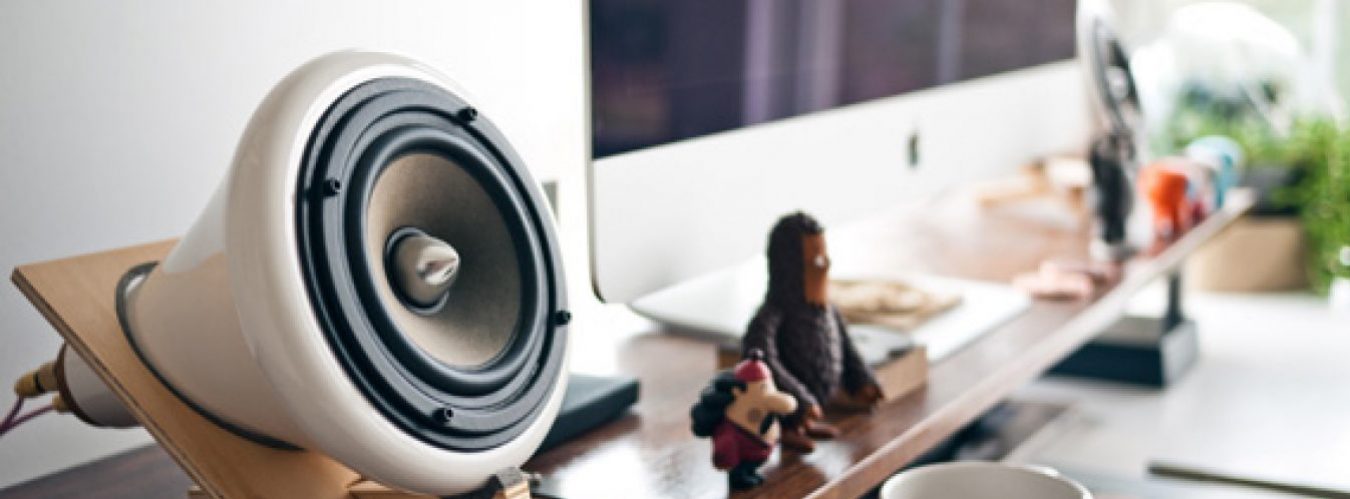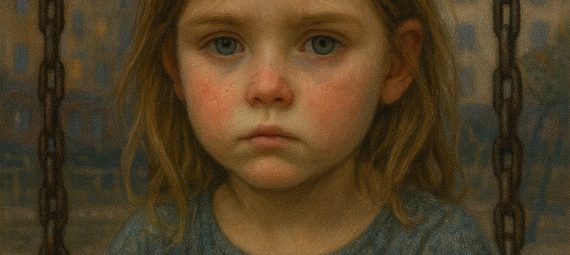I am an orphan. My parents would disagree, but I have always considered myself one. I was a child prodigy who woke up to the harsh realities of life far too soon. As early as three years old, I realized my parents had no power to protect me. The monsters under the bed may or may not be real, but my parents couldn’t possibly defeat them. If anything, I had to protect them.
The relationship born out of this dynamic was extremely toxic and co-dependent. As a child, I constantly worried about my parents’ inability to make the right decisions in life and tried to help them. My parents responded to my preoccupation not by assuring me but by relinquishing life decisions and responsibilities to a mere child. I became their parent and made the tough decisions—new jobs, relocations, budget cuts, and relationships. When I realized the toxicity of the relationship and left them, they were devastated.
Needless to say, I don’t know what it means to have a mother. My mother never baked me cookies or read me to sleep. She never hugged me when I cried or rubbed my back when I was sick. It created a void in my heart that I subconsciously wanted to fill. Whenever I met a nurturing woman, regardless of age, I felt mysteriously drawn to her. I wanted to take her to lunch, listen to her talk about mundane life stories, and even go shopping with her. The way Minions’ eyes light up when they find a potential boss, my eyes would light up when I found a nurturing woman, and my heart would scream, “M-m-m-mother!” But these surrogate mothers never worked. They perceived me as a sophisticated and intelligent woman they would like to befriend, not someone they wanted to nurture and care for.
Since I couldn’t find a proper mother figure, I had to resort to mothering myself. However, having never experienced a nurturing relationship, I was a horrible mother. Instead of the gentle voices that remind you not to go outside with wet hair, drink more water, or eat regularly, I had the voice of a drill sergeant telling me to suck it up and get things done. It made me an effective and capable adult. But it also made a sad child.
Yet, this Mother’s Day, I choose to redefine what motherhood means to me. In the absence of the traditional maternal figure, I have learned that mothering is not just a role assigned by birth but an action, a decision to nurture even in the harshest conditions. I’ve learned to soften the sergeant’s harsh tones and introduce kindness into my self-dialogue. I remind myself that it’s okay to rest, it’s okay not to have all the answers, and most importantly, it’s okay to be vulnerable.
Through these years, I’ve realized that I am surrounded by ‘mothers’—those who have shared their strength when I felt weak, offered wisdom when I felt lost, and extended kindness when I felt undeserving. They were not mothers in the traditional sense, but their actions imbued me with the essence of motherly love.
This reflection leads me to a broader understanding of Mother’s Day. It’s a day to honor not only those who have mothered us in the traditional sense but also those who have nurtured us, cared for us, and pushed us to grow. It’s a day to celebrate the resilience of every orphan who has had to mother themselves, learning to fill their voids with self-love and compassion.
So today, I celebrate Mother’s Day for all. It is for every person who has ever played a part in nurturing another. It’s about the strength we draw from each other, the communal bond of caring that transcends biological ties. Today, I let the word ‘mother’ belong to more than biology. I let it include all those who helped me survive.

